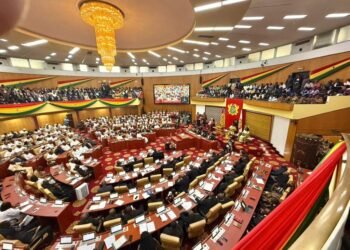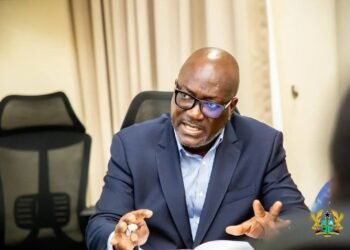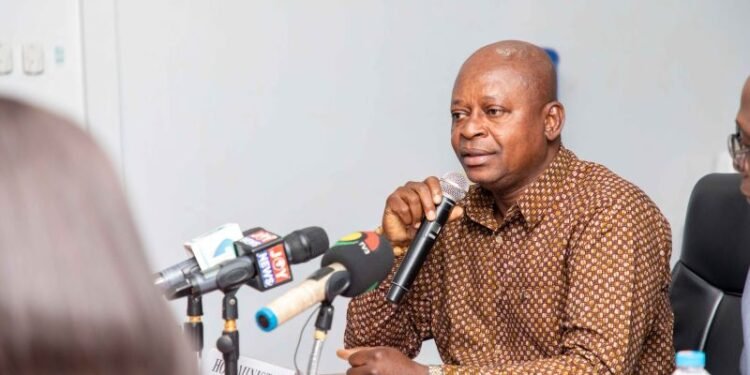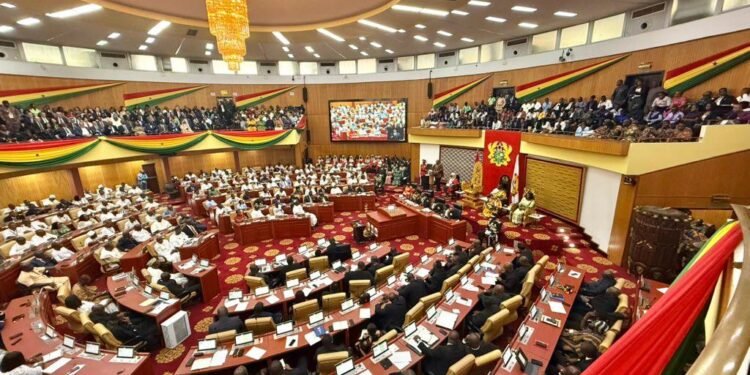In a significant move towards cultural preservation and modernization, the government of Ghana has announced its intentions to collaborate with the National House of Chiefs. This collaboration aims to review and possibly revise certain customs and traditions that have been deeply ingrained in the fabric of Ghanaian society for generations.
The government’s announcement to collaborate with the National House of Chiefs to review certain customs and traditions in Ghana is a response to the controversial marriage between a 63-year-old Nungua Gborbu Wulomo and a 15-year-old girl, Naa Okromo. This move aims to align customs and traditions with contemporary values, including advancements in democracy, legal frameworks, education, and societal progress.
“As we moved into modern world democracy, law, modernity, more education and all that, we have realized that some customs and traditions need to be reformed. And, indeed, under the Chieftaincy Act (759), we have been enjoined to work with the National House of Chiefs to look at the codification of relevant customs across the country, because not all customs are the same.”
Mr Stephen Asamoah Boateng, the Minister for Chieftaincy and Religious Affairs
Ghana, a country rich in cultural diversity and history, has a vibrant tradition of customs and traditions that have been passed down through generations. These traditions, deeply rooted in the beliefs and values of the people, play a crucial role in shaping the social, economic, and political landscape of the country. However, as societies evolve, there is a need to review these traditions to ensure they remain relevant and beneficial in the modern world.
The National House of Chiefs, a body that represents the traditional rulers of Ghana, has long been a guardian of these traditions. However, the rapid pace of change and the increasing influence of global cultures have necessitated a reevaluation of these traditions to ensure they continue to serve the needs of the people in the 21st century.
Collaboration and Potential Impact
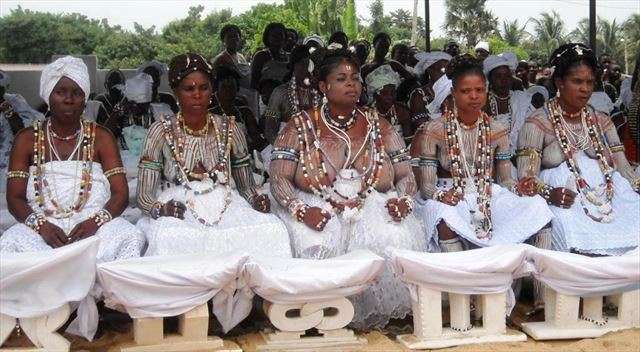
The government’s announcement of its intention to collaborate with the National House of Chiefs marks a significant shift in the relationship between the traditional and modern sectors of Ghanaian society. This collaboration is seen as a way to bridge the gap between the traditional values and the modern needs of the country.
“The approach is to engage in a dialogue with the National House of Chiefs to understand the significance of these customs and traditions to the people. This dialogue will involve discussions on how these traditions can be preserved while also being adapted to meet the changing needs of society.”
Mr Stephen Asamoah Boateng, the Minister for Chieftaincy and Religious Affairs
Mr Stephen Asamoah Boateng further noted that the collaboration has the potential to bring about a significant shift in the way customs and traditions are perceived and practiced in Ghana. It could lead to the preservation of valuable cultural heritage while also ensuring that these traditions remain relevant and beneficial in the modern world.
Moreover, this initiative could also foster a greater sense of unity and cohesion among the people of Ghana. By working together to review and possibly revise these traditions, the government and the National House of Chiefs can ensure that the customs and traditions of Ghana continue to serve as a unifying force for the people.
The collaboration between the government of Ghana and the National House of Chiefs represents a significant step towards ensuring the preservation and relevance of Ghana’s rich cultural heritage. As societies continue to evolve, we must find ways to preserve our cultural heritage while also adapting to the changing times. This collaboration is a testament to the commitment of both the government and the National House of Chiefs to ensuring that the customs and traditions of Ghana continue to serve as a source of strength and unity for the people.
Moving forward, it is hoped that this collaboration will not only preserve the cultural heritage of Ghana but also ensure that it continues to serve as a beacon of hope and unity for the people of Ghana and beyond.
READ ALSO: GNAPF Calls for $100 Million Investment to Revitalize Ghana’s Poultry Sector






